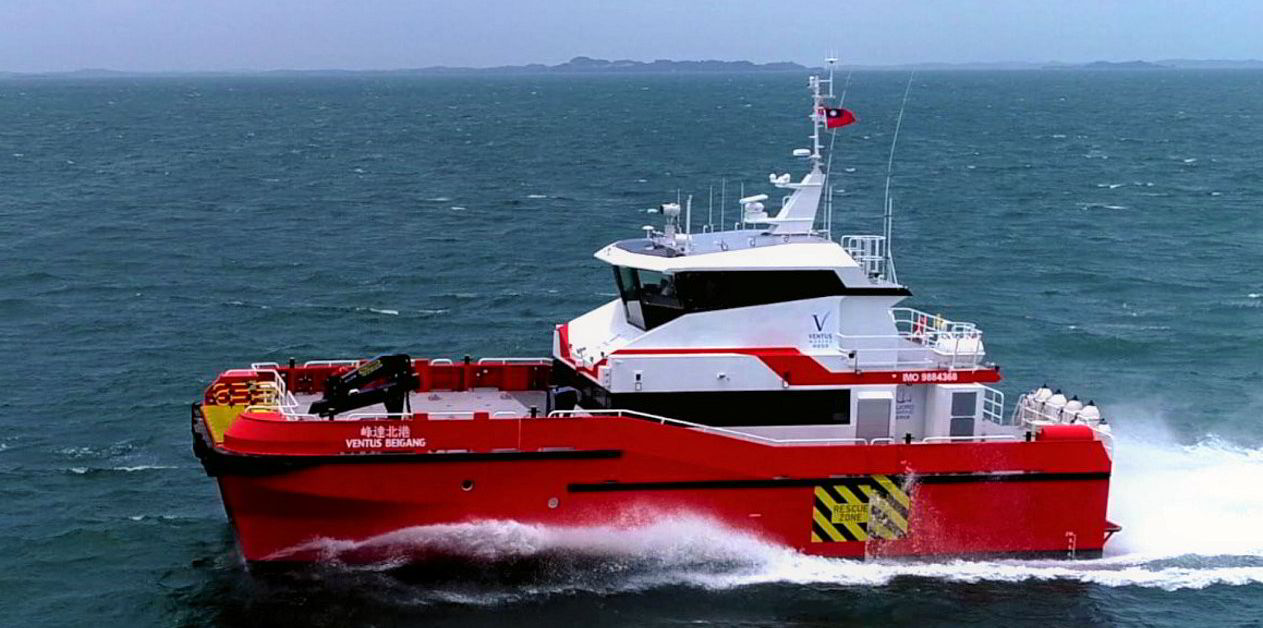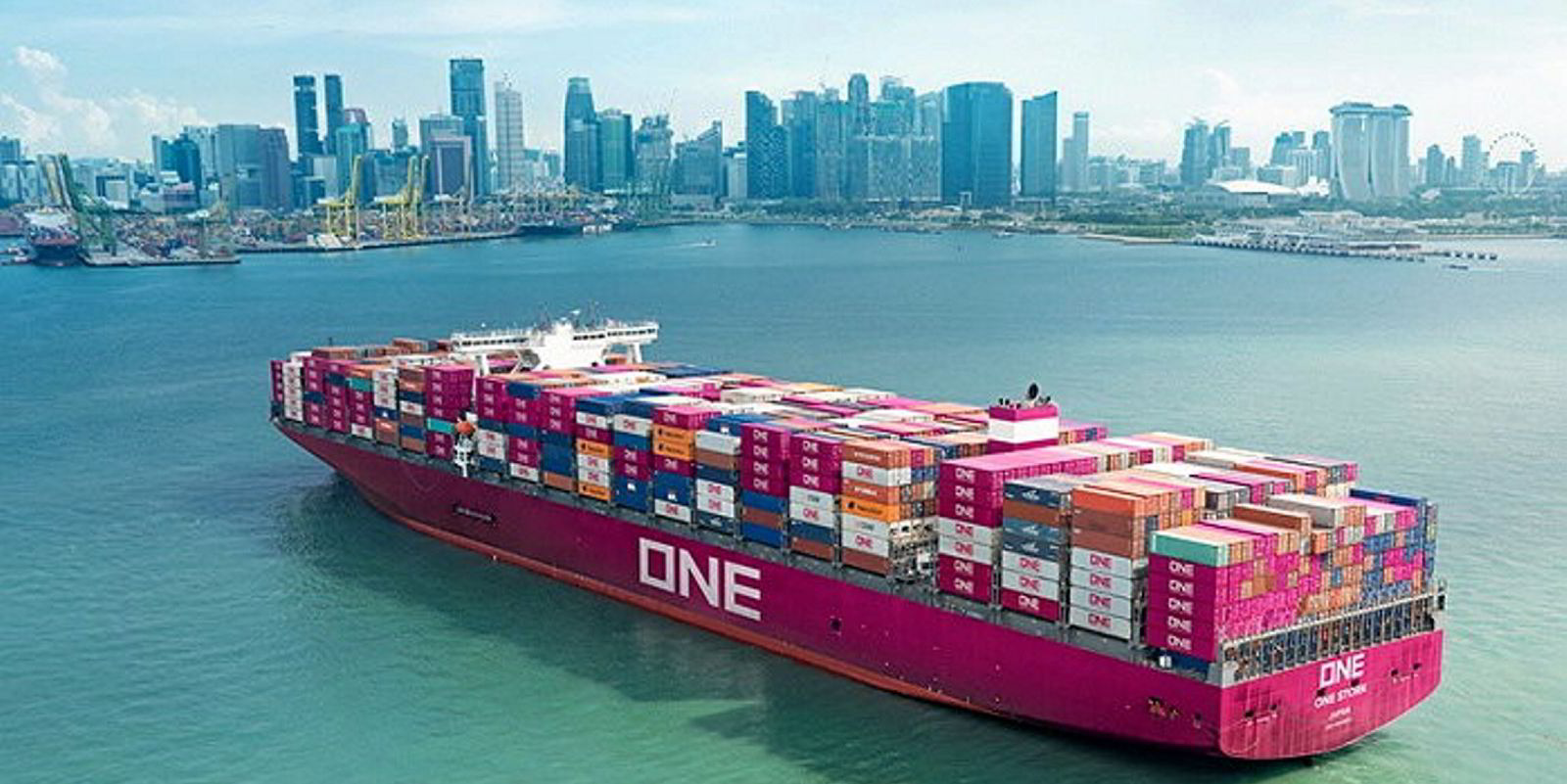Singapore’s DBS Bank has set decarbonisation targets for seven carbon-intensive sectors it finances including shipping and the oil and gas sector.
Southeast Asia’s largest lender said the move was in line with its commitment to being net zero in its financed emissions by 2050.
DBS Bank became a signatory of the Net-Zero Banking Alliance in late 2021, the first Singapore bank to do so. As a signatory, it is required to align its lending and investment portfolios with net zero emissions by 2050.
Amongst the seven decarbonisation targets set, six of them, including shipping, are set as intensity metrics with the objective to achieve lower emissions per unit of output or activity.
Acknowledging that the path to net zero requires a lower usage of fossil fuels, an absolute emissions reduction target has been set for the O&G sector.
By 2030, the bank has targeted to reduce the absolute emissions in the O&G sector which are attributable to DBS by 28%, fully aligned with the International Energy Agency’s Net Zero Emissions by 2050 scenario. The bank’s O&G target will cover Scope 1, 2 and 3 emissions.
In addition, the decarbonisation targets go beyond the bank’s institutional banking lending book and will cover capital markets activities as well.
DBS Bank described its commitment as “ambitious” as there is widespread recognition that many emerging markets in which it operates will move to net zero at slower rates than their developed market counterparts.
Despite this, the bank said it is committed to moving to net zero by 2050, setting the bank on a path that is “proactive and anticipatory of its customers’ and society’s needs”.
“Our firm conviction is that our net zero commitment, made last October, must be supported by a clear and detailed roadmap and plan,” said DBS Bank chief executive Piyush Gupta.
“However, charting a viable course of action that is constructive and impactful is not easy, given challenges in mapping out suitable industry pathways and realistic medium-term milestones in markets with differing starting points.
“That is why I am pleased that we are able to announce today a set of ambitious, broad and measurable actions that we can execute against,” he added.
As of the end of 2021, DBS Bank had a ship finance portfolio worth $1.75bn, according to Greece’s Petrofin Research. The bank ranked 41st among the world’s top shipping banks.
However, it is not a signatory to Poseidon Principles the framework for measuring and reporting the alignment of financial institutions’ shipping portfolios with climate goals.
DBS said it has been “proactively adopting measures to tackle climate change for several years”.
In April 2019, the bank ceased financing new thermal coal assets. Since then, it said it has “continued to progressively phase down its thermal coal exposure”.
At the same time, the bank said it continues to ramp up support towards the renewables sector as evidenced by its increased exposure to renewable energy projects of SGD5.9bn ($4.2bn) in 2021, from SGD4.2bn in 2020.





